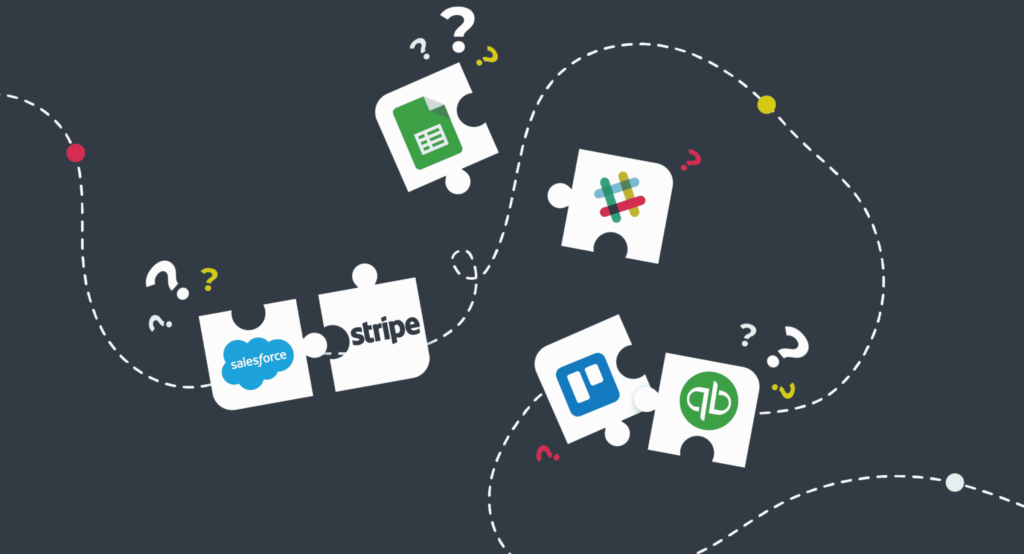In the highly competitive Software as a Service (SaaS) industry, providing exceptional customer support is crucial for retaining clients and driving long-term success. As companies scale and their customer bases grow, support processes can become complex and challenging to manage. Integration of various tools and platforms plays a vital role in streamlining these processes, enhancing communication, and ultimately delivering superior customer experiences. This article explores how integration can improve customer support processes in SaaS and the benefits it brings to organizations and their clients.
The Importance of Customer Support in SaaS
Customer support is the backbone of any SaaS business. It serves as the primary touchpoint for users who encounter issues, seek guidance, or have questions about the product. A strong support system not only helps resolve customer concerns efficiently but also fosters loyalty and trust. In an industry where competition is fierce, organizations that prioritize customer support are more likely to stand out and maintain a loyal client base.
However, as businesses grow, the complexity of customer support processes can increase significantly. Managing multiple support channels—such as email, chat, phone, and social media—can lead to fragmentation, inefficiencies, and a lack of visibility into customer interactions. This is where integration comes into play.
Key Benefits of Integration in Customer Support Processes
- Unified Communication Channels
Integration allows SaaS companies to consolidate communication channels into a single platform. By connecting help desk software, live chat tools, and social media platforms, support teams can manage all customer inquiries in one place. This unified approach ensures that support agents have access to the entire history of customer interactions, enabling them to provide more personalized and effective assistance. - Improved Response Times
With integrated systems, support teams can automate ticket routing and escalate issues based on predefined criteria. This automation helps reduce response times and ensures that customer inquiries are directed to the appropriate team members without unnecessary delays. Faster response times lead to higher customer satisfaction and a more positive overall experience. - Centralized Customer Data
Integration centralizes customer data from various sources, including CRM systems, support tickets, and user profiles. This consolidated view of customer information enables support agents to access critical details quickly, such as previous interactions, product usage, and billing history. Having all relevant data at their fingertips allows agents to address issues more efficiently and accurately, improving the quality of support provided. - Enhanced Analytics and Reporting
Integration provides access to robust analytics and reporting capabilities. By connecting support tools with analytics platforms, organizations can gain valuable insights into customer behavior, support performance, and common issues. This data-driven approach allows SaaS companies to identify trends, assess the effectiveness of their support strategies, and make informed decisions for continuous improvement. - Seamless Knowledge Management
A well-structured knowledge base is essential for empowering support teams and customers alike. Integration enables support tools to link to knowledge management systems, allowing agents to access relevant articles and resources during customer interactions. This seamless access to information reduces the time spent searching for solutions and ensures that customers receive accurate and timely responses. - Proactive Support and Customer Engagement
Integrated systems enable organizations to implement proactive support measures. By monitoring customer usage patterns and identifying potential issues before they escalate, support teams can reach out to customers with helpful resources or solutions. This proactive approach not only enhances the customer experience but also fosters stronger relationships and reduces churn rates. - Streamlined Workflow Automation
Integrationcan significantly improve workflow automation within customer support processes. For example, integrating ticketing systems with project management tools allows support teams to automatically create tasks for developers when technical issues arise. This automation streamlines the workflow, ensures accountability, and speeds up the resolution of customer problems.
The Role of Cobalt in Enhancing Customer Support Integration
As SaaS companies seek to improve their customer support processes through integration, tools like Cobalt provide invaluable assistance. Cobalt acts as a co-pilot for engineering teams, allowing them to build and manage native product integrations for all their customers from a single SDK.
With Cobalt, teams can launch integrations and new workflows in days rather than months, eliminating the need for boilerplate code, token management, user configurations, and API maintenance. This ease of use allows organizations to focus on optimizing their customer support processes without the overhead of complex integrations.
Currently, Cobalt abstracts more than 120 API integrations to handle both simple and complex use cases across various applications, including CRM, ticketing, ERP, sales and marketing, HR, communication, and Customer Data Platforms (CDPs). By leveraging Cobalt, SaaS companies can create a cohesive support environment that enhances the overall customer experience.

